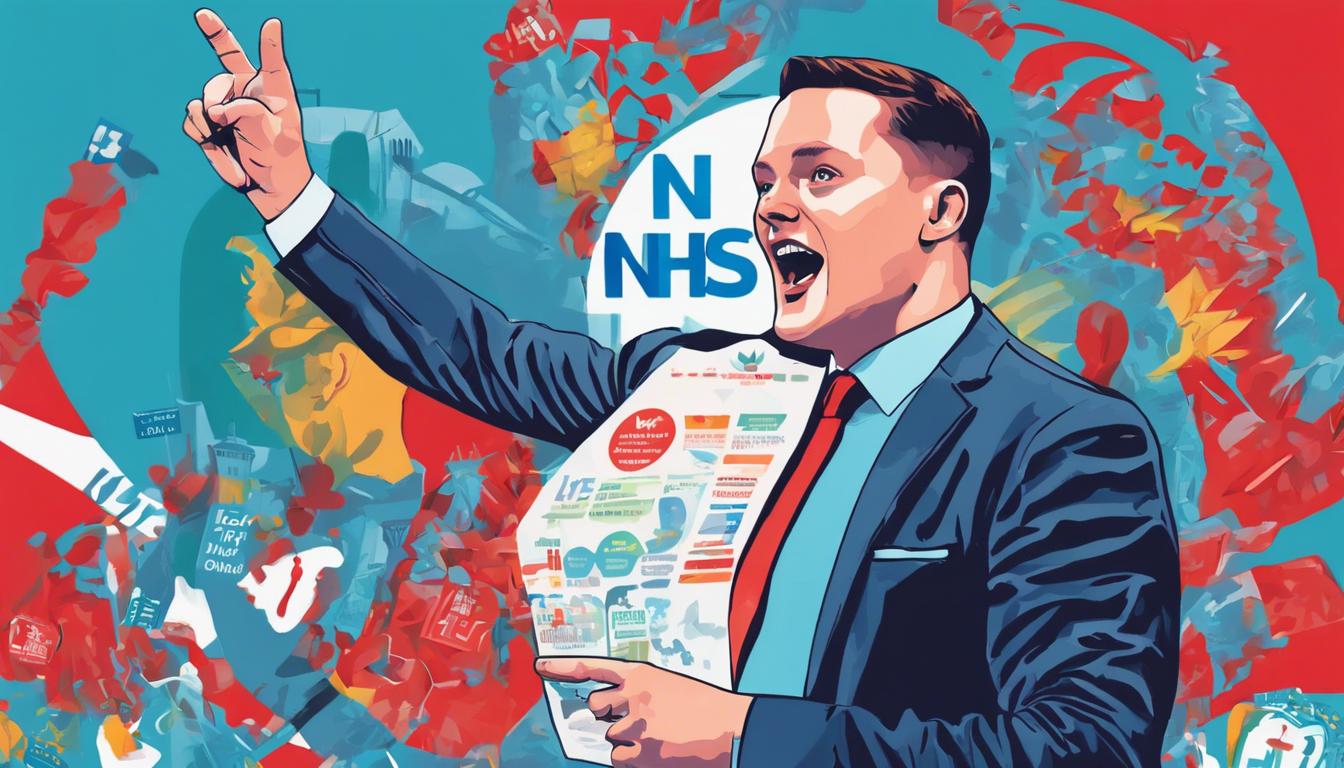Shadow Health Secretary, Wes Streeting, stirs political debate by advocating for the use of private providers within the NHS to tackle waiting lists, highlighting a pragmatic approach over traditional party ideologies.
Labour Shadow Health Secretary Wes Streeting has advocated for the increased use of private providers within the NHS to tackle prolonged waiting lists, a stance that has ignited debate within the political sphere. Streeting, who has a diverse background including family ties to the East End of London and its infamous Krays, has risen to prominence within the Labour Party, often touted as a potential future leader.
Streeting’s proposal, aimed at addressing the challenges facing the NHS, contrasts with traditional Labour views on health care. In defending his position, he emphasized the necessity of pragmatic solutions to ensure timely access to care, arguing that ideological commitments should not hinder the delivery of medical services. This approach, he believes, could prevent the evolution of a two-tier health care system, marked by disparities in access and quality.
In a piece for The Sun, Streeting outlined the importance of modernizing the NHS, including the digitization of children’s healthcare records, to improve efficiency and service delivery. Acknowledging the criticism from within his own party, he maintained that leveraging the spare capacity of private health providers is a sensible measure to reduce the backlog of patients waiting for treatment.
Throughout his political journey, Streeting has encountered personal challenges, notably a battle with kidney cancer, but remains committed to transforming the NHS. He calls for a bipartisan approach to social care reform, reminiscent of the consensus that led to the NHS’s establishment in 1948.
As Labour’s popularity grows in the polls, Streeting’s vision for the future of healthcare, including his call for pragmatic collaborations and long-term investment in the NHS, reflects the broader debates about the role of privatization in public services and the balance between ideology and practicality in policy-making.













